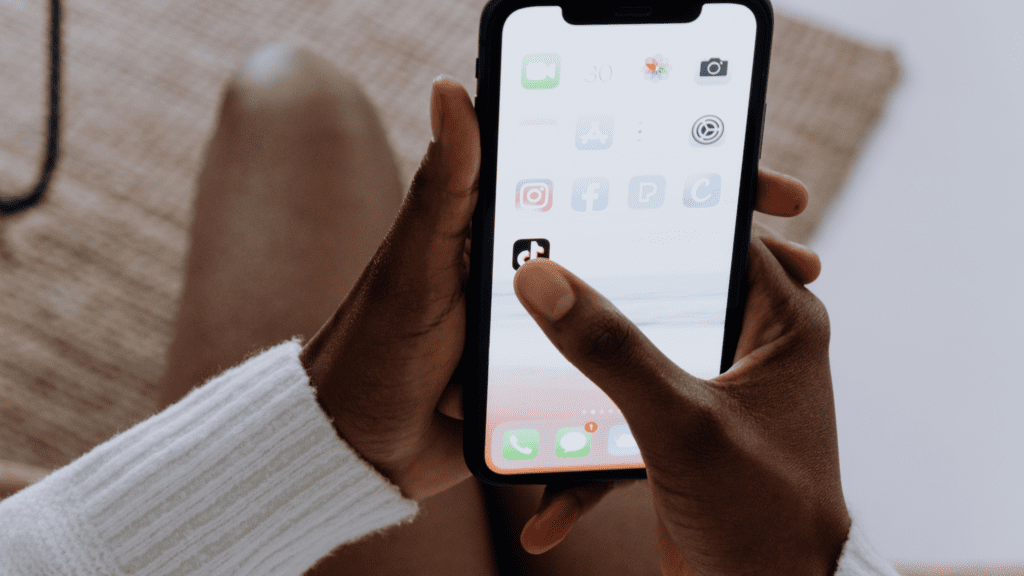
TikTok is inching closer to a ban in the US. A federal appeals court ruled on Friday to uphold a law mandating that the immensely popular social media platform either sell its assets to a non-Chinese entity or face a complete ban from the country. This decision marks the latest development in a protracted conflict between the US government and TikTok, which is owned by the Chinese-based company ByteDance.
ByteDance has until January 19th to sell the app or face the ban. The judge, Douglas Ginsburg, emphasized that TikTok’s millions of users will be required to find alternative communication channels. He attributed this burden to China’s hybrid commercial threat to US national security, rather than the US government, which engaged in a multi-year process to explore alternative solutions.
TikTok has consistently asserted that divestiture is not feasible due to technical, commercial, and legal constraints. Michael Hughes, a TikTok spokesperson, expressed the company’s intention to appeal the decision to the highest court in the nation.
“The Supreme Court has a longstanding history of safeguarding Americans’ right to free speech, and we anticipate they will uphold this constitutional principle in this crucial matter,” Hughes stated. “Regrettably, the TikTok ban was conceived and implemented based on inaccurate, flawed, and speculative information, leading to the outright censorship of the American people. Unless halted, the TikTok ban will silence the voices of over 170 million Americans within the US and globally on January 19th, 2025.”
TikTok has been besieged by lawsuits, congressional hearings, and inquiries at both the federal and state levels. Ginsburg underscored that the measure was the culmination of extensive, bipartisan action by Congress and successive presidents. He emphasized that the law was meticulously crafted to address control by a foreign adversary and was part of a broader effort to counter a well-founded national security threat posed by the PRC (People’s Republic of China).
The US government has designated TikTok as a national security threat, citing potential risks associated with the app’s ownership by ByteDance, a Chinese company. Concerns revolve around the possibility of China accessing personal data from millions of American users through TikTok. Lawmakers also express apprehension about the potential manipulation of user content and the spread of propaganda on the platform. However, the government has yet to provide concrete evidence supporting these claims.
Josh Gottheimer, a Democratic congressman from New Jersey, expressed these concerns when the bill was introduced last March. “The Chinese Communist Party has made it abundantly clear that it is willing to exploit technology to collect data on our children and all US citizens,” Gottheimer stated. “It is time we fight back against TikTok’s information invasion against America’s families.”
In response to these concerns, ByteDance, TikTok, and a group of social media influencers have taken legal action, filing a lawsuit to block the proposed law. They argue that the law is unconstitutional, unfairly singles out TikTok, and infringes upon the right to free speech of its millions of users.
TikTok, which has a substantial user base of 170 million in the US, asserts that it is not under Chinese influence. The company maintains that it operates independently and has separate headquarters in Singapore and Los Angeles. Furthermore, TikTok emphasizes that its US user data is handled by Oracle, an American company, underscoring its commitment to safeguarding user privacy and data security.
Several civil and digital rights organizations have opposed the ban, including the American Civil Liberties Union, Electronic Frontier Foundation and Center for Democracy and Technology. In a letter to Congress last March, they wrote that a privacy law would do more to protect people’s data. They said the bill to ban TikTok “is censorship – plain and simple”.
During oral arguments for the case in September, the three-judge panel on the appeals court listened to arguments from both sides. One of the judges, Sri Srinivasan, said he was concerned with TikTok being owned by a foreign entity that had the ability to access troves of US citizen’s data.



